Filter by

The Unfinished Art of Theater: Avant-Garde Intellectuals in Mexico and Brazil
The avant-garde posits the possibility of total rupture with the past. This book pulls back on this futuristic impulse by showing how theater became a key site for artists on the edge of capitalism to reconfigure the role of the aesthetic between 1917 and 1934. The book argues that this “unfinished art”—because of its weakness as a representative institution in Mexico and Brazil, where th…
- Edition
- -
- ISBN/ISSN
- 9780810137417
- Collation
- -
- Series Title
- -
- Call Number
- 792 TOW u
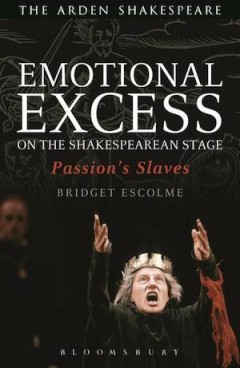
Emotional Excess on the Shakespearean Stage: Passion's Slaves
Emotional Excess on the Shakespearean Stage demonstrates the links made between excess of emotion and madness in the early modern period. It argues that the ways in which today's popular and theatrical cultures judge how much is too much can distort our understanding of early modern drama and theatre. It argues that permitting the excesses of the early modern drama onto the contemporary stage m…
- Edition
- -
- ISBN/ISSN
- 9781408179680
- Collation
- -
- Series Title
- -
- Call Number
- 792 ESC e
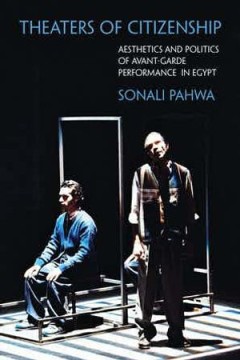
Theaters of Citizenship: Aesthetics and Politics of Avant-Gardist Performance…
Theaters of Citizenship investigates the Egyptian movement for free theater, arguing that it evolved from an avant-gardist movement to an undercommons of revolutionary cultural practice. Using historiography, ethnography, and performance analysis, the book tells a story of this avant-garde from 2004-2014, analyzing its staging of rights claims, generational identity politics, and post-revolutio…
- Edition
- -
- ISBN/ISSN
- 9780810141766
- Collation
- -
- Series Title
- -
- Call Number
- 792 PAH t
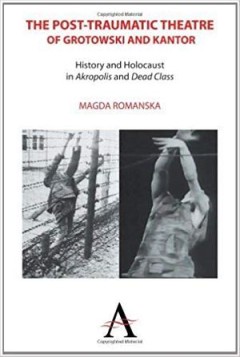
The Post-traumatic Theatre of Grotowski and Kantor: History and Holocaust in …
Despite its international influence, Polish theatre remains a mystery to many Westerners. This volume attempts to fill in current gaps in English-language scholarship by offering a historical and critical analysis of two of the most influential works of Polish theatre: Jerzy Grotowski’s ‘Akropolis’ and Tadeusz Kantor’s ‘Dead Class’. By examining each director’s representation of A…
- Edition
- -
- ISBN/ISSN
- 9780857285164
- Collation
- -
- Series Title
- -
- Call Number
- 792
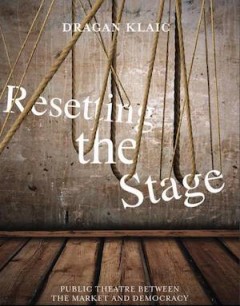
Resetting the Stage: Public Theatre Between the Market and Democracy
Commercial theatre is thriving across Europe and the UK, while public theatre has suffered under changing patterns of cultural consumption—as well as sharp reductions in government subsidies for the arts. At a time when the rationale behind these subsidies is being widely reexamined, it has never been more important for public theatre to demonstrate its continued merit. In Resetting th…
- Edition
- -
- ISBN/ISSN
- 9781783200481
- Collation
- -
- Series Title
- -
- Call Number
- 792 KLA r
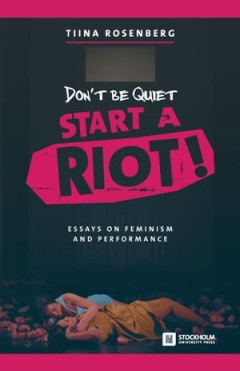
Don’t Be Quiet, Start a Riot! Essays on Feminism and Performance
This collection of essays investigates elements of the human voice and performance, and their implications for gender and sexuality. The chapters address affect, pleasure, and memory in the enjoyment of musical and theatrical performance. Rosenberg also examines contemporary feminist performance, anti-racist interventions, activist aesthetics, and political agency especially with regard to femi…
- Edition
- -
- ISBN/ISSN
- 9789176350232
- Collation
- -
- Series Title
- -
- Call Number
- 808.84 ROS d
 Computer Science, Information & General Works
Computer Science, Information & General Works  Philosophy & Psychology
Philosophy & Psychology  Religion
Religion  Social Sciences
Social Sciences  Language
Language  Pure Science
Pure Science  Applied Sciences
Applied Sciences  Art & Recreation
Art & Recreation  Literature
Literature  History & Geography
History & Geography